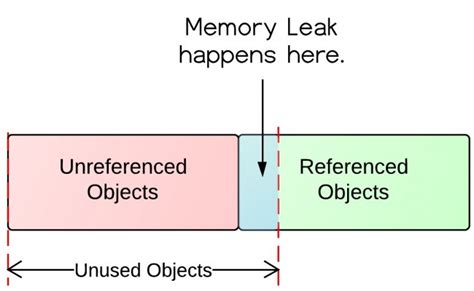Memory management in software development has always been a topic of discussion and debate among programmers. The comments provide a fascinating insight into the various perspectives on memory leaks and their consequences. As highlighted by users, memory leaks can have significant implications, affecting performance, stability, and even security.
The dialogue surrounding manual memory management versus garbage collection sheds light on the trade-offs involved in each approach. While manual memory management can provide fine-grained control, it also introduces the risk of errors and bugs if not implemented correctly. On the other hand, garbage collection automates memory handling but may come with overhead and performance implications, as some users pointed out.
One notable discussion revolved around strategies for debugging memory leaks, with comments touching on tools like Valgrind for detecting leaks in C and addressing them effectively. The challenge of identifying and resolving memory-related issues was a common theme, showcasing the importance of robust testing and debugging practices in software development.
The real-world examples shared by users offer a glimpse into the impact of memory leaks on large-scale systems. Stories of costly errors due to memory leaks underscore the critical nature of memory management in mission-critical applications. From server restarts to multi-million dollar losses, the consequences of memory mismanagement can be severe.
Furthermore, insights into memory-safe languages and techniques like RAII (Resource Acquisition Is Initialization) provide valuable perspectives on handling memory issues proactively. By leveraging language features and best practices, developers can mitigate the risk of memory leaks and improve the overall robustness of their code.
The discussions on automatic memory management, static analysis tools, and best practices for memory optimization offer valuable lessons for developers at all levels. Understanding the nuances of memory management, error detection, and resource cleanup is essential for building reliable and efficient software systems.
In conclusion, the discourse around memory leaks exemplifies the complexity and criticality of memory management in software development. By exploring different viewpoints, strategies, and experiences shared by industry professionals, developers can gain valuable insights into tackling memory-related challenges effectively.


Leave a Reply